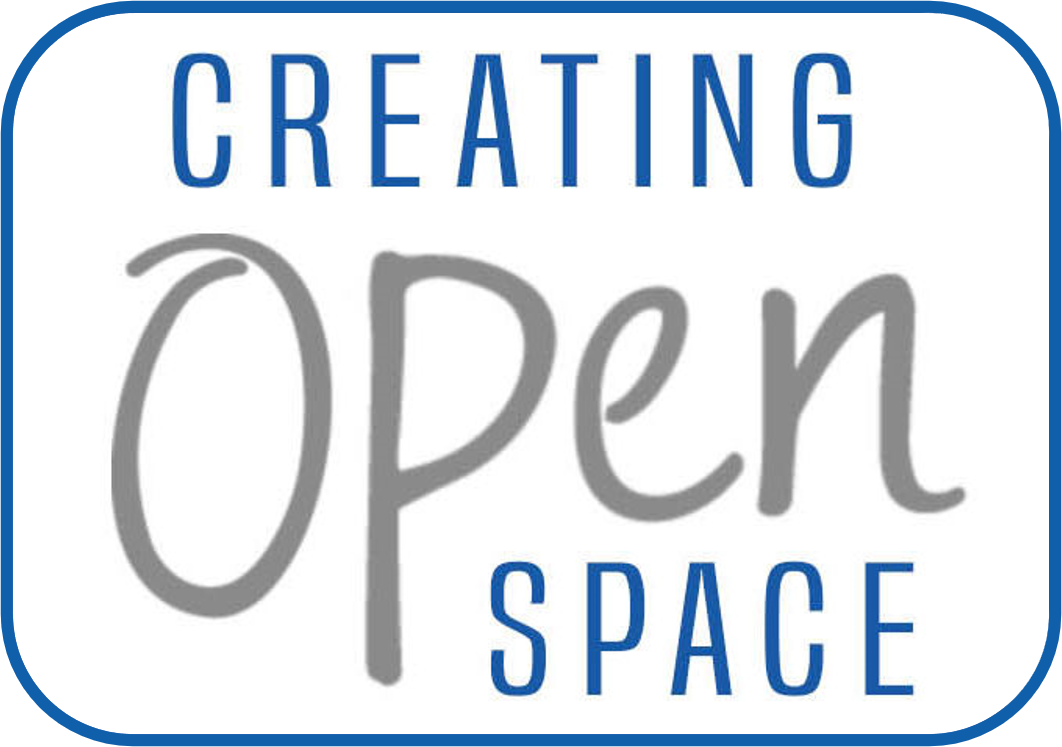Learning from Your Experiences, Part 2
In Part 1 of this series, I spoke to just five of my top ten tips for getting the most from your learning experiences:
Tip 10: Leverage Feedback
Tip 9: Define Success
Tip 8: Surround Yourself with Support
Tip 7: Take Time to Reflect
Tip 6: Translate Insights to Action
Here we finish out the list (drum roll please)…
Tip 5 - Develop New Habits: It’s one thing to learn a more effective approach, and quite another to make a habit out of your new approach. Too often we minimize our learning by failing to form habits around our wins. For example, a client recently shared how smiling during a routine staff meeting increased the degree to which others engaged with her. Notably, she hadn’t smiled once since we started our conversation. In other words, she had learned that her smile increases engagement, but she had yet to make a habit of smiling. Consider the gap between what you’ve learned and your current habits, and seek to close that gap through the formation of new habits.
Tip 4 - Embrace Discomfort: Learning occurs on the edges of our comfort zone, where feelings of discomfort kick in. Discomfort can take the form of worry (e.g., “How will they respond?”), overwhelm, (e.g., “I don’t have time for this.”), and doubt (e.g., “What happens when…”). How you respond to these feelings of discomfort will greatly impact the degree to which you learn from any given experience. To maximize your learning, you must work through your discomfort rather than avoiding it or brushing it aside. Start by asking yourself, “Why are these feelings coming up for me?” For each answer you produce, ask yourself “why” over and over until you reach a core belief that is worth challenging. Discomfort tells us there’s something wrong; more often than not, that “something wrong” is something inside of us that deserves to be healed.
Tip 3 - Distinguish Between Failure and Mistake: In The Coaching Companion, we advise our readers, “To allow maximum room for growth, consider the distinction between failure and mistakes. Failure is the absence of success; mistakes are actions based on incorrect information or guidance. We often feel that our mistakes equate to failure—that incorrect actions threaten our success—but this is rarely true. In fact, mistakes often lead to great accomplishments.” When we’re truly on a learning curve, working outside of our comfort zone and trying things we’ve never tried before, we will inevitably try approaches that aren’t fully informed and therefore don’t work. Instead of writing off the approach that didn’t work, seek to understand why it didn’t work. Often, the devil is in the details.
Tip 2 - Be Your Own Coach: Coaches are trained to help you maximize your learning experience both by prompting expansive, divergent thinking and by helping you translate your insights into action. Of course, coaches don’t have a monopoly on these activities. To prompt yourself to think expansively, start with a “Question-Storming” exercise. Ask yourself open-ended, forward looking questions. Gravitate toward the questions to which you don’t have good answers, and explore those further. Then ask yourself to design one action based on any insights you gain from this reflective activity.
Tip 1 - Give Yourself Credit: Perhaps the most self-motivating thing you can do to accelerate your learning is to give yourself credit for each and every thing that you learn. Too often we are our own worst enemies, allowing our innate negativity bias to highlight all the things that we’re not doing better instead of shining a light on all the things we are doing better. Research ties a direct link between engagement and encouragement, but that doesn’t mean that we have to wait for others to acknowledge our improvements. By calling out each and every time that you do something better than the day before, you will water the seeds of your efforts.
Learn more: Buy the book, access resources at www.coaching-companion.com/resources, and/or register for our upcoming webinar.
